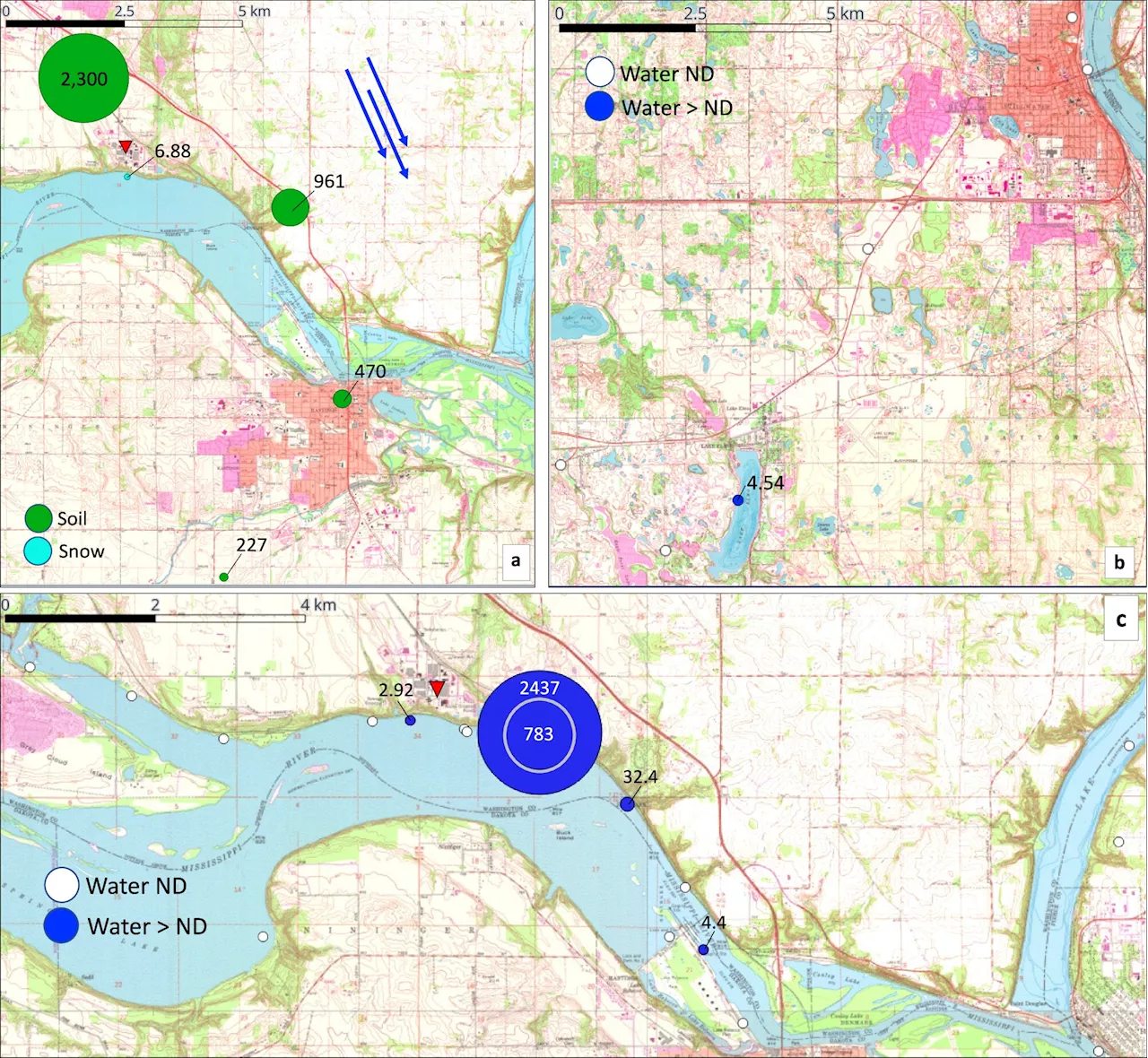Clean Tech News & Views: EVs, Solar Energy, Batteries
If you’ve tried to drive between the LA metro area and Las Vegas in the last couple of days, you probably didn’t have a very good time. A truck carrying a 75,000 lb container with lithium-ion battery cells inside got into an accident and the cells went into thermal runaway. The, and attempts to pull it away from the roadway were unsuccessful. This left drivers stuck on Interstate 15 near Baker, California, for hours.after a semi-truck carrying lithium batteries caught fire Friday morning.
This safety is no accident. The battery cells themselves are supposed to be built with a certain tolerance for damage before they’d go into thermal overload. The devices themselves have automated battery management systems that prevent too much power from being pulled or too much heat from building up. Then, electric vehicles have robust containers around them designed to withstand a very serious accident without exposing the cells to damage.
But what about cells that aren’t yet attached to a battery management system and aren’t packaged in a protective shell to keep water and mechanical damage away? That’s a question this accident is going to force us to think about.Before I get into this, I want to make it clear that I have no idea how this container of battery cells was packed. For all I know, precautions against fire were taken at every step and something highly unusual happened during this crash to cause them to go up in flames.
While nearly all trucking companies, drivers, and people loading trailers are good people doing their best, there’s a small minority of companies who cut corners, hire drivers with suspended CDLs, use illegal drugs, etc. Many companies that are considered safe push drivers to do dumb things like drive tired, too.. They’re considered hazardous materials , and are subject to all of those rules. Rules differ for loose cells vs complete batteries and devices that have safety systems operating.
United States Latest News, United States Headlines
Similar News:You can also read news stories similar to this one that we have collected from other news sources.
 Hasan Minhaj, Elizabeth Warren Talk Age vs. Policy Making, Government Thirst Traps in New Talk ShowIn a new episode of 'Hasan Minhaj Doesn't Know,' the comedian spoke with Senator Elizabeth Warren.
Hasan Minhaj, Elizabeth Warren Talk Age vs. Policy Making, Government Thirst Traps in New Talk ShowIn a new episode of 'Hasan Minhaj Doesn't Know,' the comedian spoke with Senator Elizabeth Warren.
Read more »
 Why Grant Delpit is so important for the Browns defense: Orange and Brown TalkAshley Bastock and Dan Labbe talk Grant Delpit on Monday's Orange and Brown Talk podcast.
Why Grant Delpit is so important for the Browns defense: Orange and Brown TalkAshley Bastock and Dan Labbe talk Grant Delpit on Monday's Orange and Brown Talk podcast.
Read more »
 Huge Discount on 12V 100Ah Bluetooth LiFePO4 Lithium Deep Cycle BatteryClean Tech News & Views: EVs, Solar Energy, Batteries
Huge Discount on 12V 100Ah Bluetooth LiFePO4 Lithium Deep Cycle BatteryClean Tech News & Views: EVs, Solar Energy, Batteries
Read more »
 New Lithium Metal Batteries Promise Double the Energy and Half the Environmental ImpactScience, Space and Technology News 2024
New Lithium Metal Batteries Promise Double the Energy and Half the Environmental ImpactScience, Space and Technology News 2024
Read more »
 Chile to consider 81 lithium projects proposals from private sectorNo 1 source of global mining news and opinion
Chile to consider 81 lithium projects proposals from private sectorNo 1 source of global mining news and opinion
Read more »
 Lithium ion batteries a growing source of PFAS pollution, study findsTexas Tech University's Jennifer Guelfo was part of a research team that found the use of a novel sub-class of per- and polyfluoroalkyl (PFAS) in lithium ion batteries is a growing source of pollution in air and water.
Lithium ion batteries a growing source of PFAS pollution, study findsTexas Tech University's Jennifer Guelfo was part of a research team that found the use of a novel sub-class of per- and polyfluoroalkyl (PFAS) in lithium ion batteries is a growing source of pollution in air and water.
Read more »
